You have a lot of freedom to express yourself according to the First Amendment to the U.S. Constitution.

BUT...this freedom has limits!
Free speech doesn't mean that ALL speech is allowed. Knowing the limits of free speech will keep you out of trouble when speaking your mind.
What Is The Constitution?
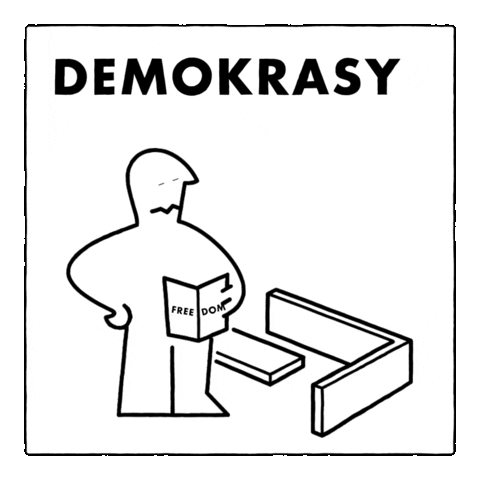
The United States Constitution is like an instruction manual for how the U.S. government makes decisions about the country.
Even though it was written in 1878, it's a living document. 27 Amendments, or changes, have been added to it since it was first written to make the rules more clear.
The first 10 Amendments explain what your rights are as a U.S. citizen.
What Does The First Amendment Say?
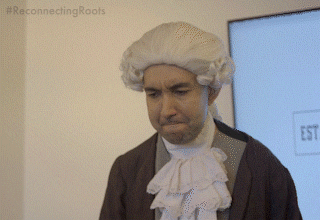
Congress shall make no law respecting an establishment of religion, or prohibiting the free exercise thereof; or abridging the freedom of speech, or of the press; or the right of the people peaceably to assemble, and to petition the Government for a redress of grievances.

In short, the government can't...
stop you from speaking your mind.
force you to practice (or not practice) a religion.
make it illegal to peacefully protest the government's decisions.
tell the media what they can and can't say.
BUT there are clear exceptions and limits to these rights.
What Are You Allowed To Say?

You can...
criticize the government.
ask the government to make changes.
say unpopular and controversial things.
protest peacefully in public.
tell people what you believe and freely discuss these beliefs in public.
You can't...
threaten someone with violence or harass them.
encourage someone to commit a crime.
say something about someone that isn't true or harms their reputation.
tell a lie in a court of law.
How About In School?
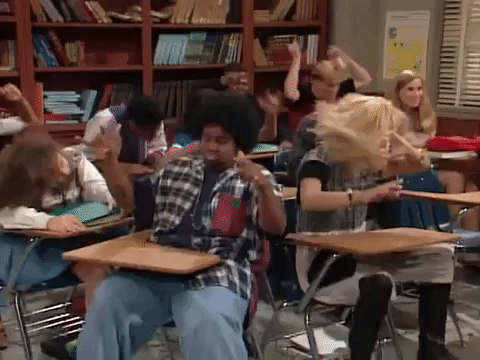
Your First Amendment rights are still in effect when you're at school.
You can:
refuse to recite or stand for the Pledge of Allegiance if you don't want to.
pray in school and talk about your religious beliefs.
wear political statements on your clothing as long as they aren't offensive or hateful.
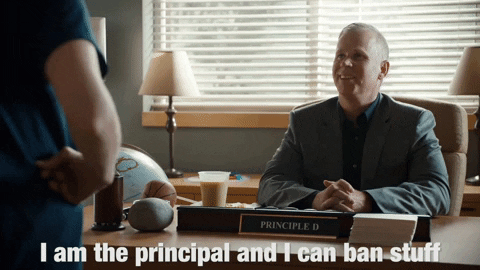
Your school also has some rights to limit your speech and expression.
Your school can:
ban any speech they consider socially unacceptable.
make you follow a dress code.
censor or edit student-created content in school newspapers, yearbooks, and websites.
require you to sign a code of conduct that includes rules for behavior on social media.
penalize you within reason for breaking its code of conduct.
Quiz
You go to a protest off of school grounds during the afternoon and you miss class. What is the school allowed to do in response?
Take Action
Free speech comes with responsibilities!
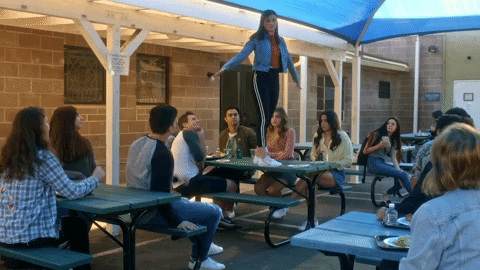
This is especially true in school, where you're learning different ways to express yourself while trying to get along with others.
You can say or do whatever you want, so long as it's not illegal, against reasonable school policies, or doesn't prevent anyone from enjoying their rights.
To learn more about your First Amendment rights:
Your feedback matters to us.
This Byte helped me better understand the topic.
